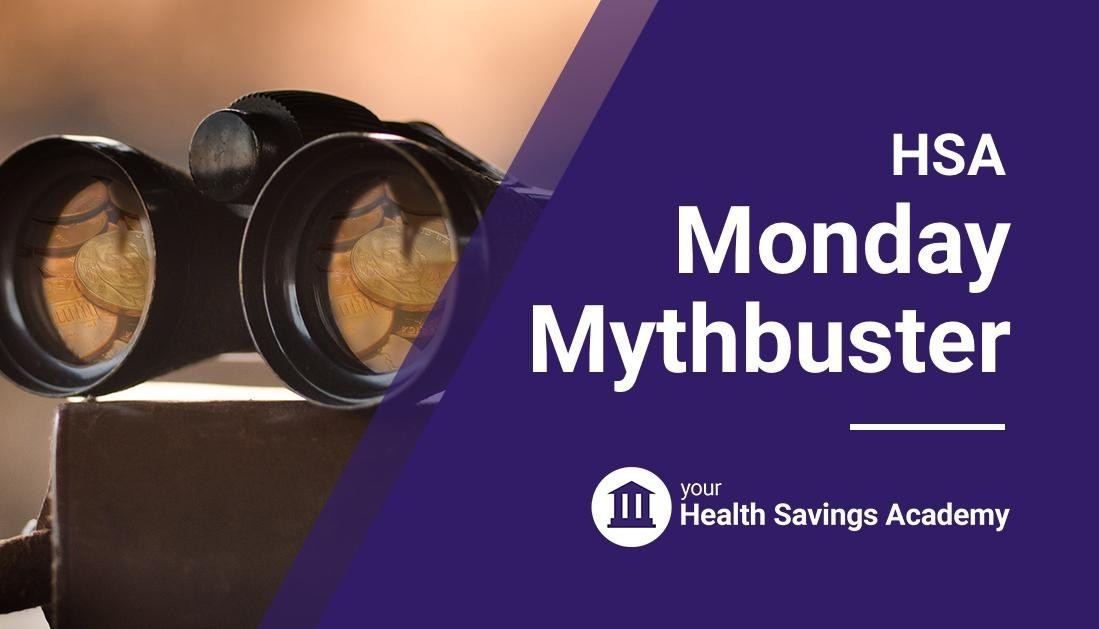
Can Your ICHRA Disqualify You from Making HSA Contributions? Maybe!
ICHRAs may be the right option for employer-sponsored coverage. But beware the effect on Health Savings Account eligibility.
Individual-Coverage Health Reimbursement Arrangements haven't been embraced by companies yet, but that could change. ICHRAs allow employers to give their workers eligible for benefits a tax-free stipend to apply to a premium for coverage in the nongroup market. In other words, the employer no longer offers employees one plan or a choice of two or three medical-coverage options. Instead, employees can shop in their state's nongroup market for the plan that best meets their family's needs.
ICHRAs haven't gained much traction during the three years that they've been available. That situation may change as pent-up post-Covid demand and high general inflation put upward pressure on premiums. Employers, particularly small companies and those who employ low-skilled workers or deliver low-margin goods and services, may find group coverage no longer financially feasible for the company or workers. In that case, an ICHRA is an alternative to dropping group coverage altogether.
Benefits of an ICHRA
The concept, created via administrative action during the Trump Administration, frees employers from trying to determine which plans their employees want and from fidgeting with deductibles and copays annually to temper premium increases. It also gives companies control over their benefits budget, as they're no longer affected by which plan an employee chooses and aren't directly affected by increases in premiums.
ICHRAs may also benefit employees, most of whom can shop from among dozens of plans available in the nongroup market. They can determine which combination of fixed premium and out-of-pocket financial responsibility best meets their needs.
But ICHRAs have real and potential drawbacks. Plans offered in the nongroup market in most states have patient financial responsibility (deductibles, coinsurance, and copays) far higher, networks mor narrow, and drug formularies more restrictive than most group-sponsored coverage. Large companies have no leverage to negotiate lower premiums with insurers when they offer employees an ICHRA rather than employer-sponsored coverage. And because employer contributions to premium are no longer tied directly to ever-increasing premiums, employees may become responsible for more and more of the total cost of coverage over time.
Two Types of ICHRAs
ICHRAs come in two flavors:
"Limited" ICHRA: This plan limits reimbursement to premiums for medical coverage. If young employees who pay lower premiums in the nongroup market don't spend all their ICHRA allotment, the balance reverts to the employer. The value of an ICHRA rarely exceeds the total premium for any plan offered in the nongroup market. But if an employer doesn't vary the ICHRA value based on an employee's age (nongroup premiums are age-based) or does so but the age ranges are large (say, 20 to 35, 36 to 50 and 51+), a worker at the low end of the range looking for single coverage may find a plan with a premium lower than the value of the ICHRA.
"Expansive" ICHRA: The alternative design is to allow employees with remaining balances after they've paid their premium to spend those funds on so-called "Section 213d)" expenses. Readers familiar with Health Savings Accounts and Health FSAs understand that this term refers to services that diagnose, treat, mitigate, cure, or prevent an injury, illness, or condition.
At first glance, the limited ICHRA is more attractive to employers because reimbursement is confined to the intended purpose: offsetting premiums for medical coverage. The expansive ICHRA looks like a better option to some employees, particularly younger ones with low premiums, because they can use excess funds to reimburse other qualified expenses tax-free.
But it's not that simple.
ICHRAs and Health Savings Accounts
All consumers shopping in the nongroup market - not just employees with ICHRAs - should focus on HSA-qualified plans. All nongroup plans have out-of-picket costs like deductibles, coinsurance, and copays. In fact, as already noted, on average, these variables are larger than most employer-sponsored plans. A Health Savings Account is a great ally to these buyers because they can make pre-tax or tax-deductible contributions to offset these out-of-pocket costs. Simply running these expenses through a Health Savings Account can save patients 20% to 35% on every bill.
For these employees, the ICHRA design matters. If their employer offers the more expansive ICHRA, they can't open or fund a Health Savings Account. That's true even if their premium exceeds their ICHRA allotment, so that they never have a remaining ICHRA balance after they pay their monthly premium. Only if their ICHRA is limited to premiums can they enjoy the benefits of a Health Savings Account.
Employer Options
Fortunately, employers have several options to assist employees who want to become HSA-eligible.
First, the company can offer a limited ICHRA to all employees. That way, no one can reimburse any qualified expenses except premiums. All workers can choose an HSA-qualified plan without being disqualified from opening and funding a Health Savings Account due to their ICHRA design.
Second, the company can offer a choice of ICHRAs. Employees who want to become HSA-eligible choose the limited ICHRA, whereas others can enroll in the more expansive design. Providing this option makes the offering a little more confusing to employees and creates somewhat greater administrative work for the company during open enrollment. But it's an option.
The Bottom Line
It's important that employers who implement an ICHRA understand the implication of their plan design on their employees' opportunity to open and fund a Health Savings Account. The wrong ICHRA design could cost workers several thousand dollars annually if they can't pay their out-of-pocket expenses with pre-tax dollars.
#HSAMondayMythbuster #HSAWednesdayWisdom #HSA #HealthSavingsAccount #TaxPerfect #yourHSAcademy #yourHealthSavingsAcademy
Nationally recognized expert on reimbursement account strategy and compliance, particularly Health Savings Accounts and ICHRAs 🔹Writer🔹Author🔹Speaker🔹Educator🔹Strategist
1yIf your company drops employer-sponsored coverage and moves to an ICHRA, be sure the ICHRA design allows you to open and fund a Health Savings Account.